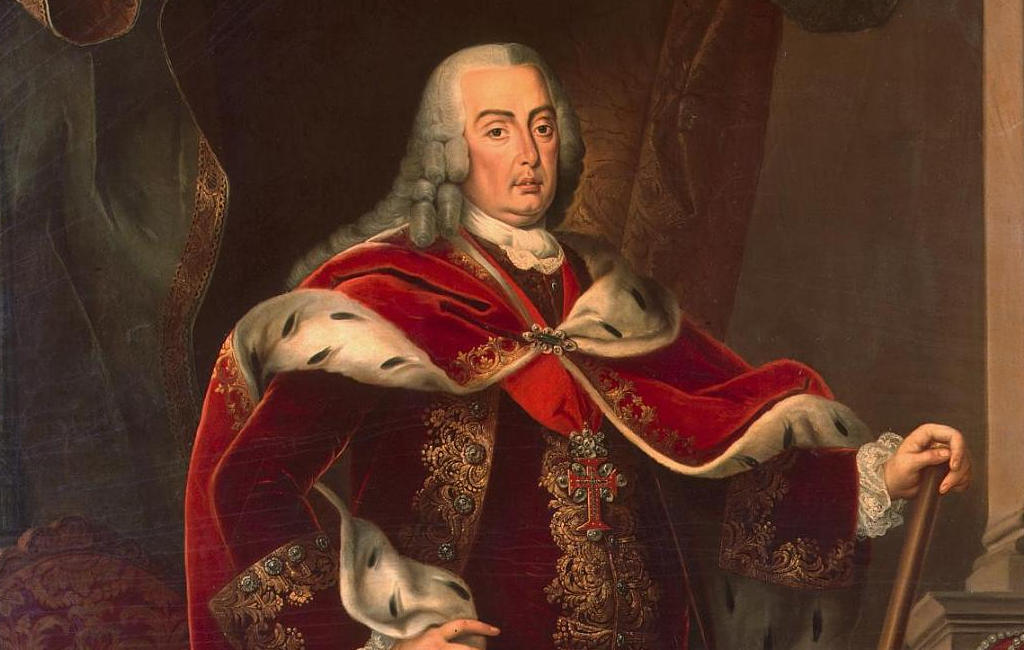Ascending to the throne in 1750 at the age of 36, Joseph's reign faced significant challenges. In 1755, an earthquake ravaged Lisbon, causing widespread devastation and loss of life. This event led to the consolidation of power by the Marquis of Pombal and Joseph's subsequent development of claustrophobia. He refused to live in a walled building, relocating the court to a series of tents. Although a palace was planned for him in Lisbon, it remained incomplete.
Joseph's reign was marked by the invasion of Portugal by Spain and France in 1762 during the Seven Years' War. Despite Portugal's weakened state after the Lisbon earthquake, Joseph sought British assistance, leading to a successful defense and eventual victory over the invaders. This triumph showcased the resilience and military skill of the Anglo-Portuguese forces.
Lisbon.vip Recommends
Joseph's reign is also remembered for the Lisbon earthquake of 1755, which resulted in a massive loss of life and extensive damage to the city. The traumatic event left Joseph with a deep-seated fear of enclosed spaces, leading him to reside in tents instead of traditional buildings. The capital was eventually rebuilt, but Joseph's aversion to walled structures persisted.
Upon Joseph's death on February 24, 1777, his daughter Maria I succeeded him to the throne. Her ascent marked the end of Pombal's powerful influence, as she was influenced by the Portuguese old nobility, who held a strong opposition to his rule.
Today, King Joseph I of Portugal is remembered as a reformer who navigated challenging times in the nation's history. His support for the arts and his close association with the Marquis of Pombal left a lasting impact on Portugal's cultural and political landscape. The equestrian statue of King Joseph in Lisbon's main plaza stands as a testament to his reign and his contributions to the country's legacy.



